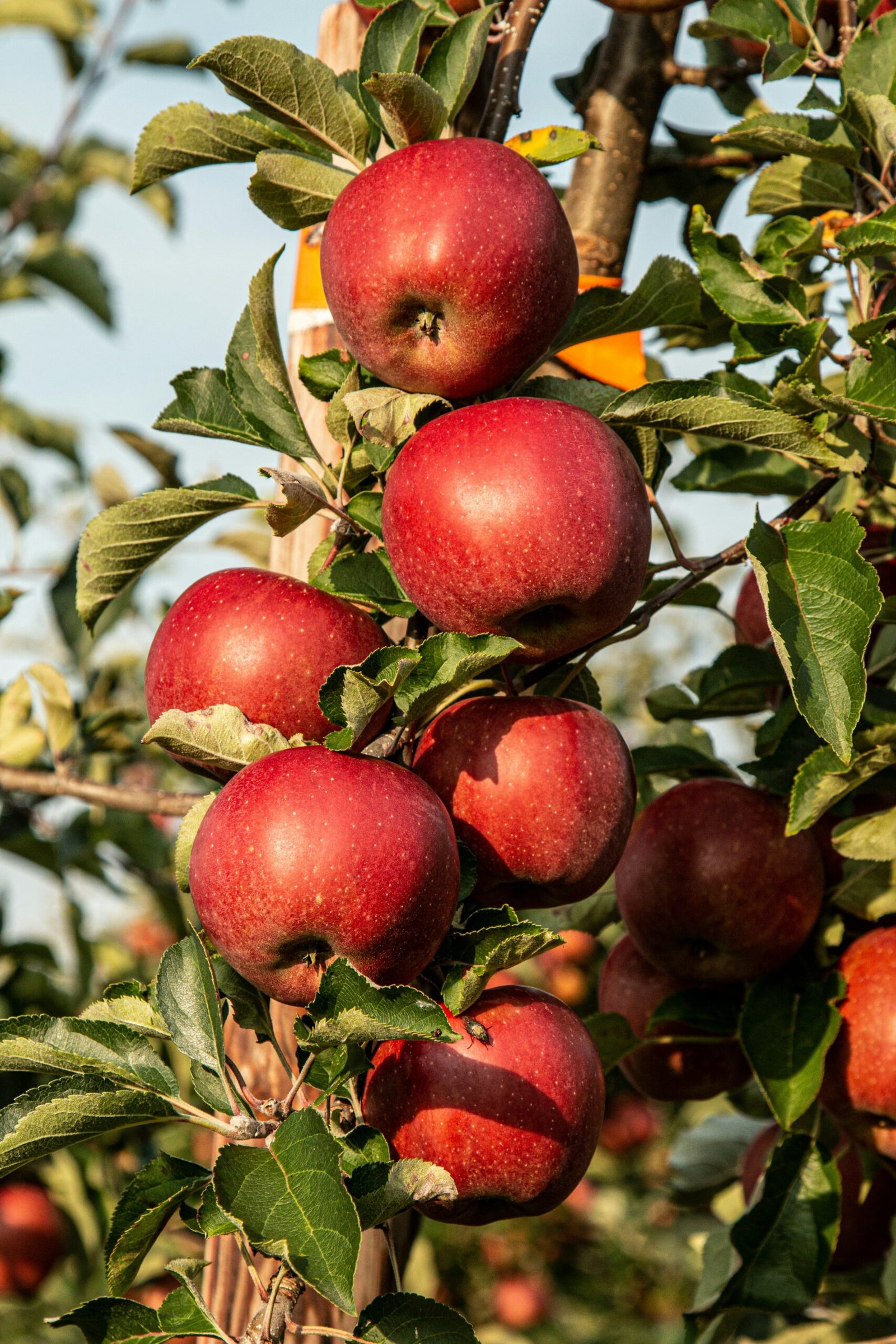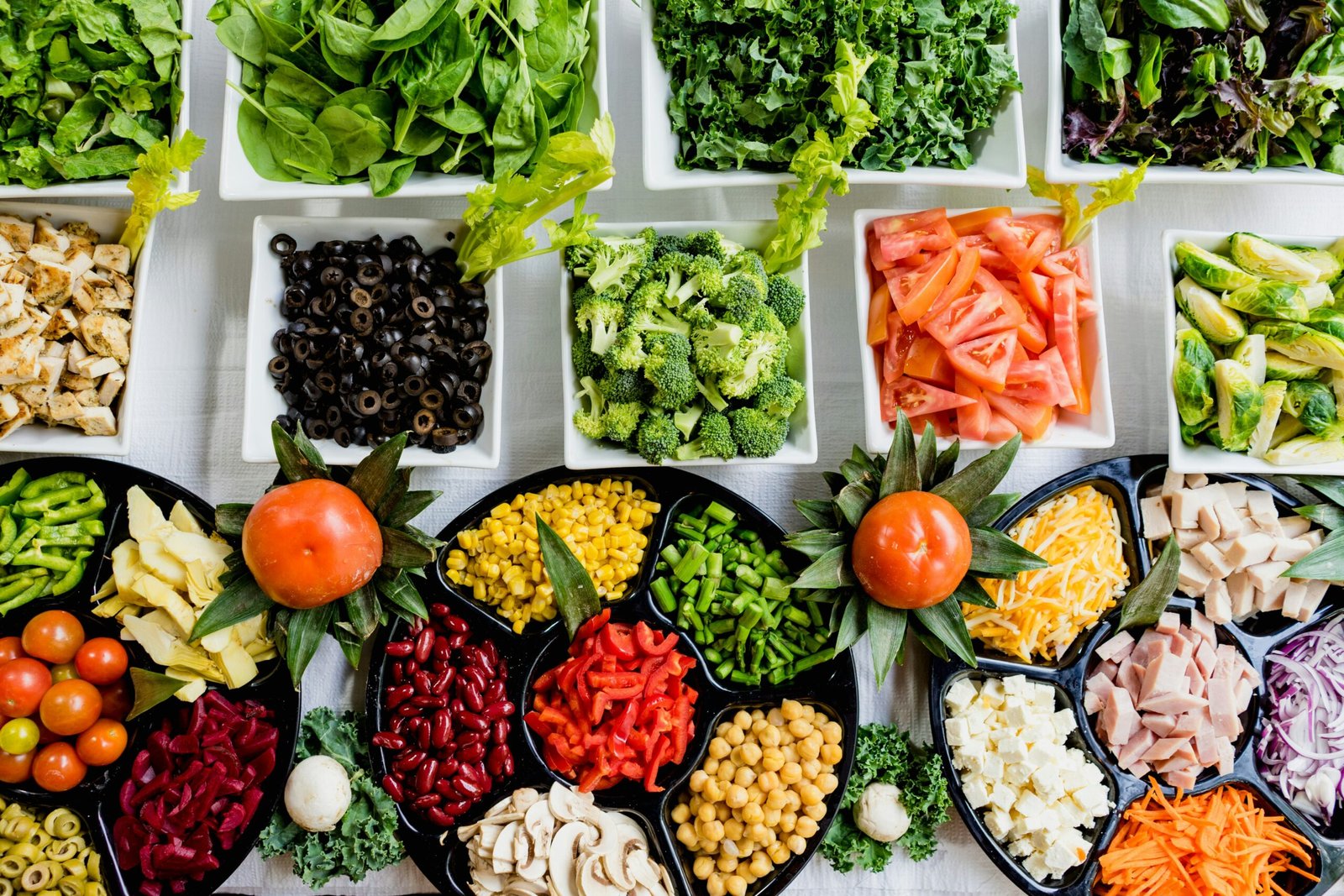The Rising Demand for Wholesome, Sustainable Food in America
In recent years, there has been a noticeable shift in the way Americans approach their food choices. People are becoming more conscious of the composition and origin of the food they consume, leading to a growing demand for wholesome, sustainable options. This shift is driven by a desire for healthier and more environmentally friendly food, as well as a deeper understanding of the impact our food choices have on our bodies and the planet.
Health and Wellness
One of the main drivers behind the demand for wholesome, sustainable food is the growing concern for health and wellness. Americans are becoming increasingly aware of the negative effects of processed and unhealthy foods on their bodies. They are seeking out foods that are free from artificial additives, hormones, and pesticides, and instead, opting for organic, locally sourced, and minimally processed options.
Consumers are also looking for foods that are rich in nutrients and beneficial to their overall well-being. They are embracing whole foods such as fruits, vegetables, whole grains, and lean proteins, which provide essential vitamins, minerals, and antioxidants. This focus on nutrition and natural ingredients is not only driven by personal health goals but also by a desire to prevent chronic diseases and promote longevity.
Environmental Consciousness
Another important factor contributing to the demand for wholesome, sustainable food is the increasing awareness of the environmental impact of food production. Americans are recognizing the detrimental effects of industrial farming practices on the environment, including soil degradation, water pollution, and greenhouse gas emissions.
As a result, there is a growing preference for foods that are produced using sustainable agricultural methods. This includes practices such as organic farming, regenerative agriculture, and permaculture, which prioritize soil health, biodiversity, and water conservation. Consumers are also seeking out locally sourced food to reduce the carbon footprint associated with long-distance transportation.
Supporting Local Communities
In addition to health and environmental considerations, the demand for wholesome, sustainable food is also driven by a desire to support local communities. Consumers are increasingly interested in knowing where their food comes from and who is producing it. They want to connect with local farmers and food producers, and they value the transparency and accountability that comes with buying directly from them.
By supporting local food systems, consumers can help strengthen their communities and contribute to the local economy. They can also foster a sense of trust and connection with the people who grow and produce their food. This direct relationship between consumers and producers not only benefits the local community but also allows for greater control over the quality and safety of the food being consumed.
The Future of Wholesome, Sustainable Food
The demand for wholesome, sustainable food in America shows no signs of slowing down. As more Americans become aware of the composition and origin of their food, they are making conscious choices to prioritize their health, the environment, and their local communities.
Food producers and retailers are responding to this demand by offering a wider range of wholesome, sustainable options. Organic and natural food sections in grocery stores are expanding, and farmers’ markets and community-supported agriculture (CSA) programs are becoming increasingly popular. Additionally, innovative food startups are emerging, focusing on sustainable agriculture, plant-based alternatives, and reducing food waste.
While the demand for wholesome, sustainable food may still be considered a niche market, it is undoubtedly gaining momentum. As more people recognize the importance of making informed and conscious food choices, the demand for these options will continue to grow. This shift towards a more sustainable and wholesome food system is not only beneficial for individuals and the environment but also for the future of our food and the well-being of generations to come.







